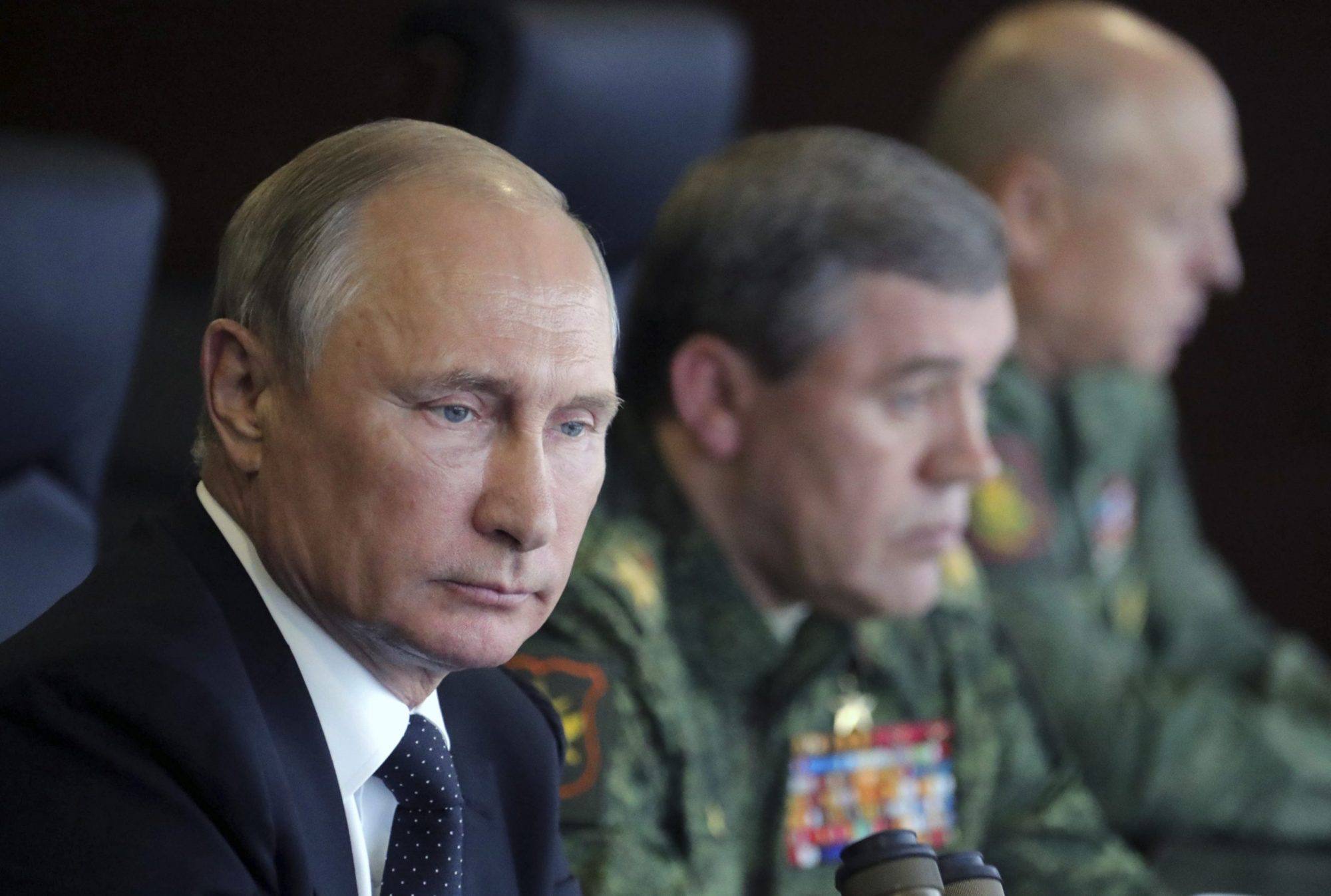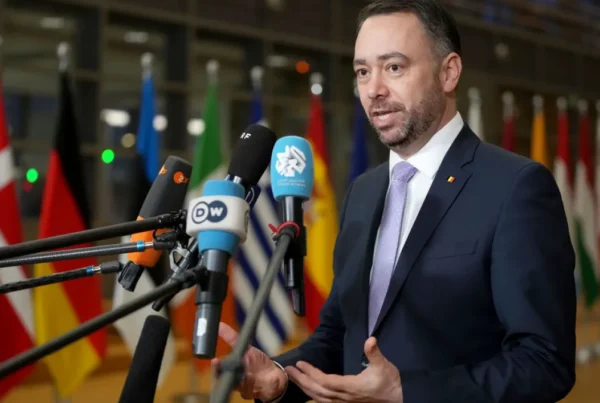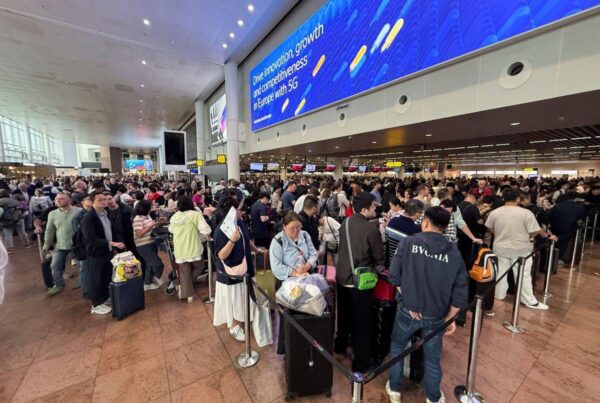Global Security is now at its most fragile state since the end of World War II, according to Sergei Naryshkin, the head of Russia’s Foreign Intelligence Service (SVR). His stark warning underscores growing geopolitical instability and the increasing competition among major powers to define the global order.
Speaking in Moscow, Naryshkin described the current world situation as a “qualitative transformation” of international relations. He noted that power centers are clashing more openly, reshaping how global institutions, alliances, and rules are defined. The intelligence chief’s statement highlights what Moscow views as an erosion of the post-war balance that has guided global governance for decades.
Shifting Power Dynamics in the Global Order
The modern international system, largely built after 1945, is facing new pressure points. Economic sanctions, trade wars, and expanding military alliances have disrupted the traditional balance of power. Naryshkin suggested that the United States and its allies are losing their unipolar dominance, while emerging nations such as China, India, and Russia seek greater influence.
The Return of Strategic Rivalries
Analysts note that the world is entering a new era of strategic rivalry reminiscent of the Cold War. The war in Ukraine, tensions in the South China Sea, and increasing competition in space and cyber domains reflect a complex geopolitical landscape. Countries are now aligning along ideological and economic blocs, reigniting debates about sovereignty, territorial integrity, and global governance.
The intelligence community, particularly in Russia and China, views this realignment as both a challenge and an opportunity. Moscow, for instance, is strengthening its ties with Beijing through defense and energy cooperation, countering Western influence in Eurasia.
Erosion of Global Trust
One of the biggest consequences of these rivalries is the erosion of global trust. International institutions such as the United Nations and the World Trade Organization are struggling to mediate disputes. The global rules-based order, once seen as the foundation of stability, is now questioned by states that feel excluded or constrained by Western-led systems.
For business leaders and policymakers, this uncertainty has practical implications. Supply chain disruptions, energy market volatility, and currency instability are now recurring challenges in a world divided by geopolitical competition.
The Economic Ripple Effect of Security Tensions
While geopolitical conflicts dominate headlines, their economic impact is equally significant. The breakdown in diplomatic relations between major economies has increased trade barriers, disrupted global logistics, and weakened investor confidence.
Impact on Global Trade and Investment
As nations impose sanctions and restrict technology transfers, multinational corporations face new compliance and operational risks. Naryshkin’s statement serves as a reminder that political tensions can quickly evolve into economic crises. For instance, restrictions on semiconductor exports and energy embargoes have reshaped the industrial and digital landscapes, forcing companies to rethink their long-term strategies.
The ripple effects extend to investment flows as well. Investors are increasingly cautious about exposure to regions with high geopolitical risks, diverting capital toward more stable markets. This trend can slow growth in emerging economies that rely on foreign direct investment.
Supply Chain Fragility
Another critical concern is supply chain vulnerability. Events such as the Russia–Ukraine war and tensions in the Taiwan Strait highlight how dependent the global economy has become on specific regions. Logistics disruptions, rising shipping costs, and raw material shortages continue to impact global manufacturing output.
To mitigate these risks, companies are diversifying suppliers and relocating production closer to home markets a strategy known as “friend-shoring.” However, this shift often comes with higher costs and longer transition periods.
A World in Transition: Strategic Implications
Experts argue that Naryshkin’s comments are more than rhetoric—they signal Russia’s broader narrative about the decline of Western dominance and the emergence of a multipolar world. The Kremlin’s emphasis on “strategic autonomy” aligns with similar sentiments from Beijing and several nations in the Global South.
Rise of Regional Power Blocs
In this emerging order, regional alliances such as BRICS and the Shanghai Cooperation Organization (SCO) are playing a greater role. These groupings aim to create alternative financial and trade systems to reduce dependence on Western infrastructure. Their growing influence could redefine international finance, currency exchange, and diplomatic norms.
At the same time, Western alliances like NATO and the European Union are expanding their scope to counter these shifts. This expansion fuels a global atmosphere of suspicion and counterbalancing further contributing to instability.
Risks for the Global Economy
As global polarization deepens, the line between economic policy and security strategy blurs. Trade wars increasingly serve as instruments of geopolitical leverage. Energy security and access to rare resources have become critical bargaining chips. For example, restrictions on Russian energy exports have accelerated Europe’s green transition but also exposed vulnerabilities in global energy networks.
This intricate web of dependencies underscores why Naryshkin’s warning carries weight. When global security deteriorates, markets, supply chains, and entire economies face cascading risks that are difficult to predict or control.
Preparing for a New Era of Uncertainty
Businesses, governments, and investors must adapt to this new era of uncertainty. Risk assessment models that once relied on stable global frameworks now require constant recalibration. Companies are advised to enhance geopolitical intelligence capabilities and diversify operations to mitigate exposure.
Naryshkin’s remarks serve as both a political message and a cautionary signal. Global stability is no longer guaranteed by traditional alliances or institutions. Instead, the world is entering a fragmented phase where power is distributed, interests are conflicting, and trust is scarce.
In this evolving environment, resilience not predictability will define success. Stakeholders across industries should monitor developments in international relations, strengthen contingency planning, and build partnerships that can withstand geopolitical shocks.
As global security continues to deteriorate, the world faces a decisive decade that will shape the next generation of international order.






